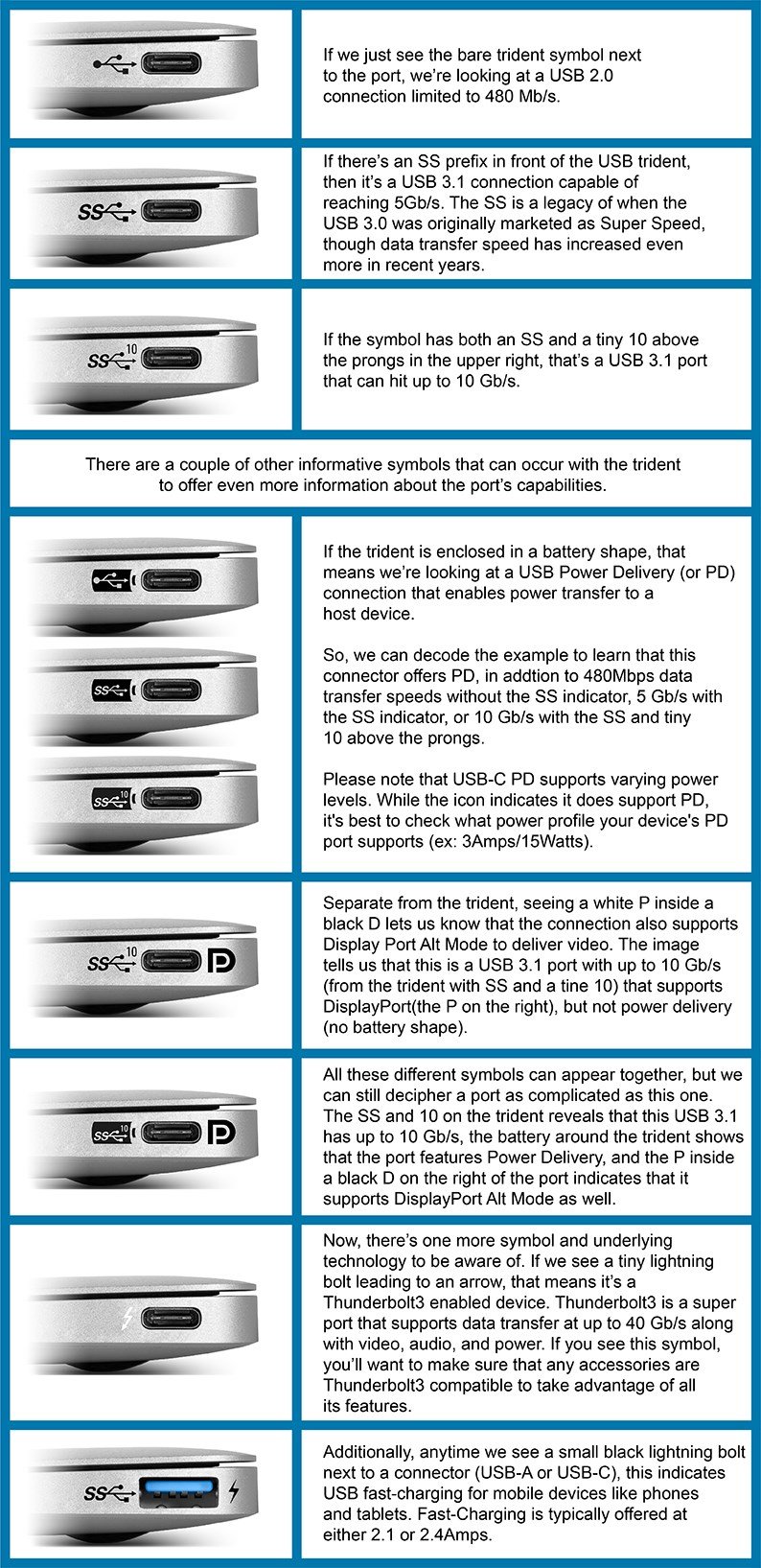this post was submitted on 09 Sep 2024
1598 points (97.4% liked)
Technology
69657 readers
2674 users here now
This is a most excellent place for technology news and articles.
Our Rules
- Follow the lemmy.world rules.
- Only tech related news or articles.
- Be excellent to each other!
- Mod approved content bots can post up to 10 articles per day.
- Threads asking for personal tech support may be deleted.
- Politics threads may be removed.
- No memes allowed as posts, OK to post as comments.
- Only approved bots from the list below, this includes using AI responses and summaries. To ask if your bot can be added please contact a mod.
- Check for duplicates before posting, duplicates may be removed
- Accounts 7 days and younger will have their posts automatically removed.
Approved Bots
founded 2 years ago
MODERATORS
you are viewing a single comment's thread
view the rest of the comments
view the rest of the comments

1080p at 60 Hz is 4.4 gigabit
Didn't really think about that one but you're right damn... (Looked it up, and it depends on the bit depth etc, but it's around 3.2Gbps for the display settings if I'm correct)... So that explains a lot
Gigabit is capable of like 720p@30Hz which it probably should be able to fall back on, but I understand why they wouldn't do that haha. 1080p@15Hz is also possible :)
USB-C video is usually DisplayPort Alt Mode, which uses a completely different data rate and protocol from USB.
Even using old 2016 hardware, a computer and USB-C cable that both only support 5 Gbps USB (such as USB 3.1 Gen 1) can often easily transmit an uncompressed 4K 60Hz video stream over that cable, using about 15.7Gbps of DisplayPort 1.2 bandwidth. Could go far higher than that with DP 2.0.
Some less common video-over-USB devices/docks use DisplayLink instead, which is indeed contained within USB packets and bound by the USB data rate, but it uses lossy compression so those uncompressed numbers aren't directly comparable.